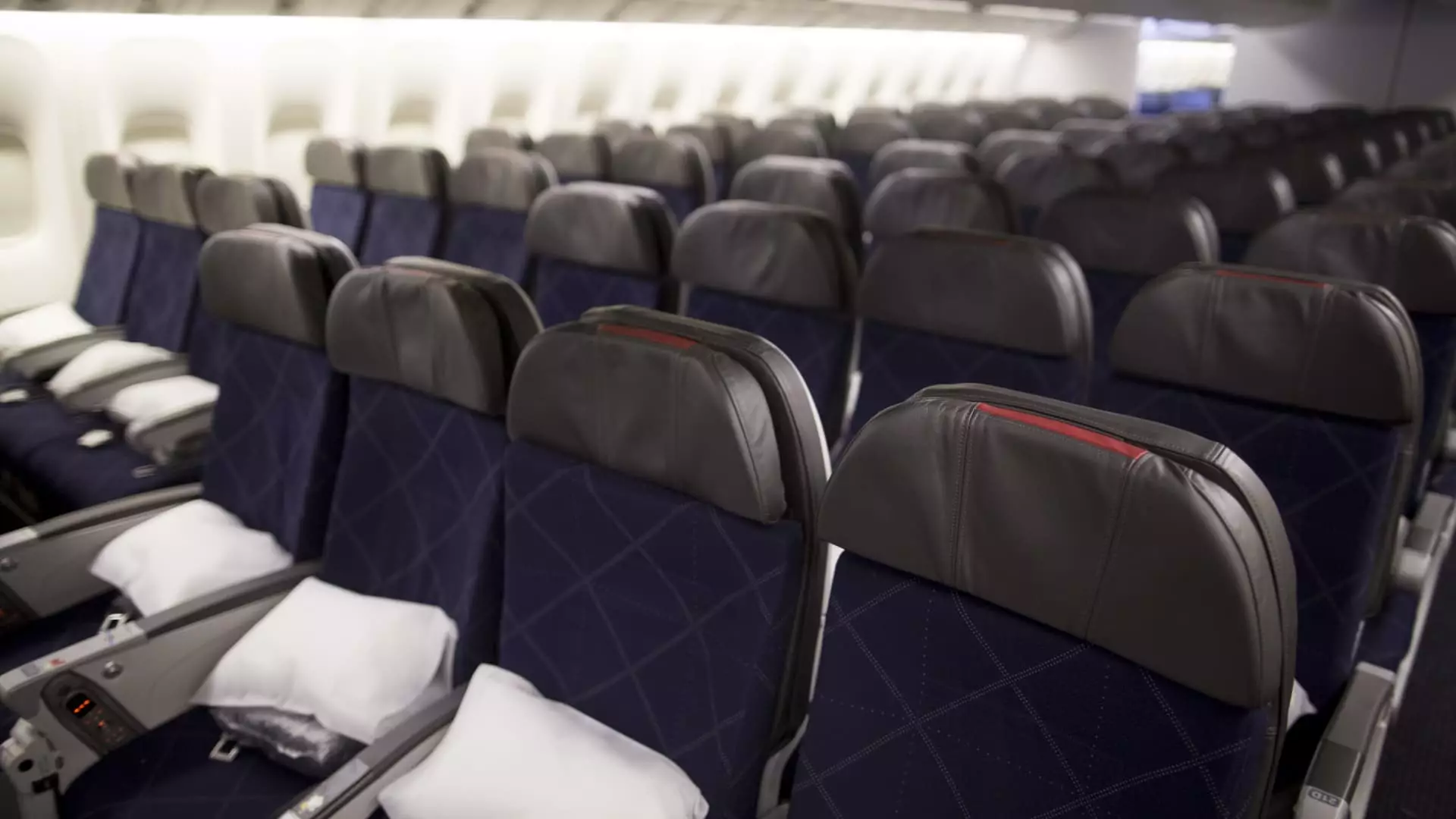In a move that could reshape the airline industry as we know it, U.S. airline executives are preparing to address a Senate panel regarding their controversial seating fees. This scrutiny arises after the Senate Permanent Subcommittee on Investigations labeled these additional charges as “junk,” highlighting a substantial revenue generation of $12.4 billion in fees collected by major airlines such as American, Delta, United, Spirit, and Frontier from 2018 to 2023. The use of the term “junk” signals a growing frustration among lawmakers and consumers alike, illuminating a perceived lack of transparency and fairness in how these fees are presented to passengers.
As the Senate hearing approaches, airline executives have been vocal in defending their pricing strategies. Notably, Stephen Johnson, chief strategy officer at American Airlines, emphasized the voluntary nature of their seat selection fees in prepared statements. He argued that customers have the choice to pay for more desirable seating, suggesting that the airline’s services are catered more towards demand. This stance, while logical from a business perspective, raises questions about the ethics of charging fees for what was once included in a standard ticket fare. The incremental fees for selecting certain seats, especially those with extra legroom or favorable positions within the aircraft, complicate the experience for consumers who may now feel they are being nickel-and-dimed.
The issue has piqued the interest of the Biden administration, which aims to curb excessive fees across various sectors, including the airline industry. Lawmakers argue that these fees lack justification and erode consumer trust, which could ultimately affect the airlines’ future profitability. With escalating competition among low-cost carriers like Spirit and Frontier, the fee-based service model has become commonplace, but it disputes the notion of airline travel as an accessible mode of transportation. This trend toward additional charges for basic amenities risks alienating a significant segment of travelers who may find it increasingly costly to fly.
The competition in the airline industry has pushed carriers to find new avenues for revenue, particularly through the introduction of premium seating options. Although this strategy increases profitability, it also shifts the standard for what consumers should expect from air travel. Airlines like Spirit, which once pioneered this model, are facing their own struggles, including a recent bankruptcy filing. The growing preference for low-cost travel juxtaposed with increasing operational costs exacerbates industry challenges. As these dynamics unfold, it will be interesting to observe how the market and regulatory bodies adapt.
The upcoming Senate hearing not only underscores the contentious relationship between airlines and consumers over seating fees but also calls for a reevaluation of fair pricing practices in the industry. As public discontent grows, how airline executives justify these charges may determine the future trajectory of air travel economics and consumer relations. Airlines must balance profitability with a commitment to transparency and customer satisfaction to regain the trust of the flying public.


Leave a Reply